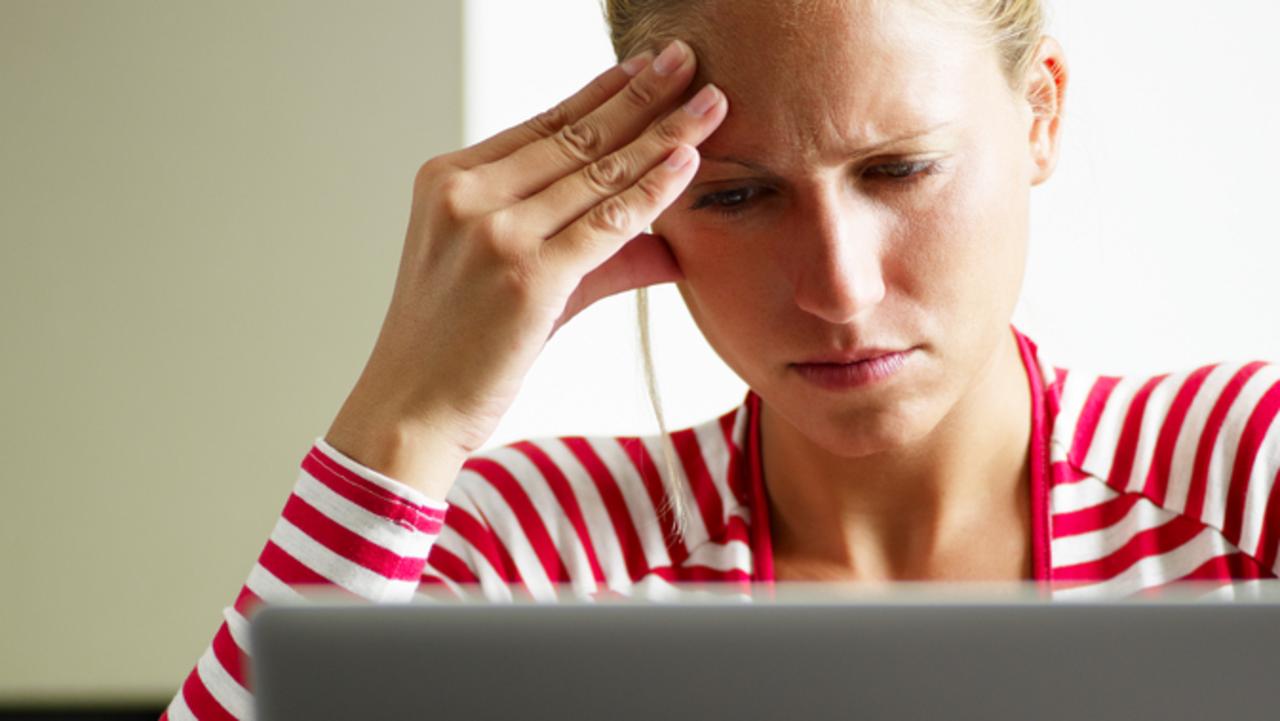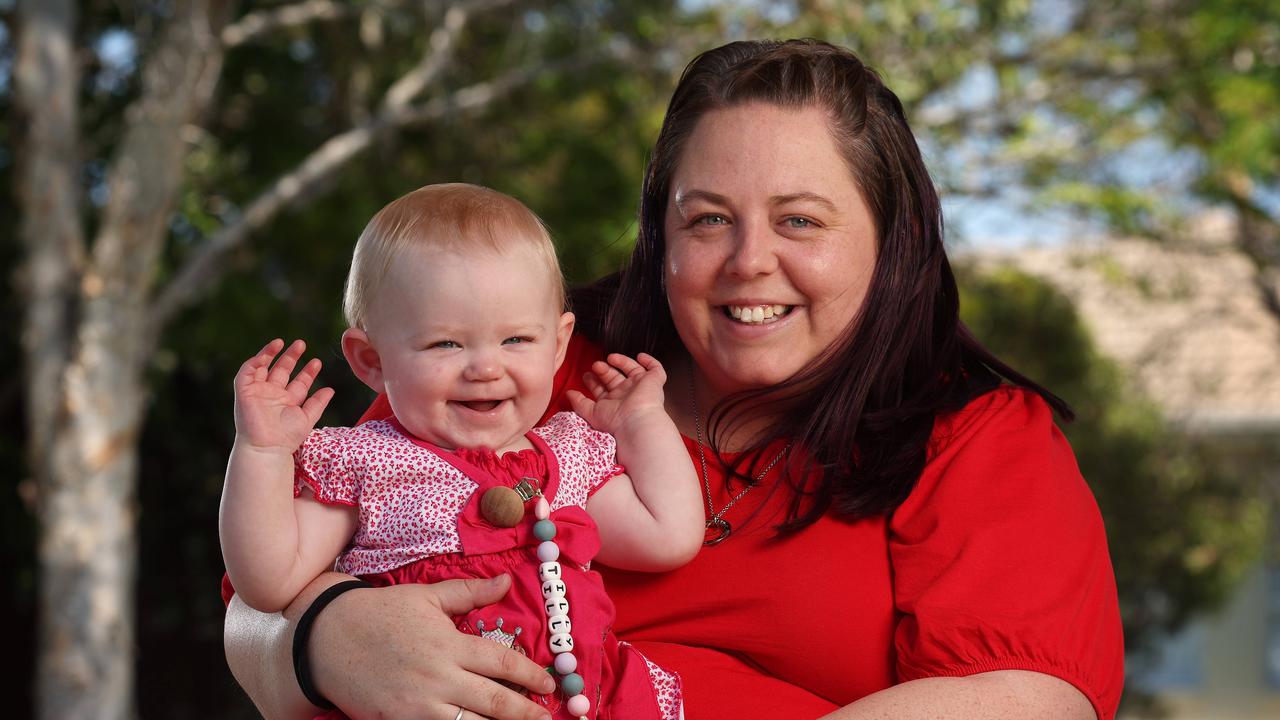Social media warning about the dangers of self-diagnosing
Google and social media are great tools to get information but they also come with a warning.

QLD News
Don't miss out on the headlines from QLD News. Followed categories will be added to My News.
More than half of Australians are using misleading social media health advice to diagnose themselves with many ending up in worse condition, on the wrong treatment and at risk of missing a potentially deadly disease.
Research has found medical costs, poor healthcare access and difficulty in securing medical appointments are the main reasons for the rising trend.
The study of more than 2000 Australians commissioned by pathology provider Healius, found the dangerous habit was more prevalent among young people, parents and university graduates.
Queensland GP Stephen Windley, said he’d seen the phenomenon becoming a big problem in society.
“Health misinformation has slowly become more pervasive and invasive over the past 10-plus years,” he said.
“Almost cancer-like, it started out very mild and non-intrusive, but now it is a lot more intrusive and harmful.”
Dr Windley said a delay in seeking real assessment and diagnosis has led patients to experience unnecessary pain and symptoms, and increased stress and worry.
As many as 44 per cent of people have experienced a health impact from acting on information read online.
Mandy Gapps, 33, from Queensland, found this out the hard way when she self-diagnosed that she had a urinary tract infection when she was pregnant.
The mum of two treated herself at home with a basic remedy, when actually she had Group B strep disease, which can be dangerous during the birth process for newborn babies if not treated with antibiotics beforehand.

“I had never heard of Group B strep. The idea of it never came up in my Google searches,” Ms Gapps said.
“Part of me thinks, I don’t want to bother the doctors, I don’t want to waste their time, I know what’s going on, and so I go to Google just to get the validation.
“Had I gone to the doctor earlier … I obviously would have had more knowledge as to what was going on.
“And sometimes it’s the opposite of what happened to me. You Google your symptoms and you think you’re dying of cancer when you’re not. So I think this experience has made me just a little bit more tentative about consulting Dr Google,” she said.
Healius chief executive Paul Anderson said people “still rate pathology tests as their most trusted source of health information”.
“What is missing is the time to talk through the results with healthcare professionals.
“Patients will often Google symptoms before seeing their doctor and then Google their pathology test results afterwards.”
He said the move to online was “driven by the cost and low availability of health services”.
More Coverage
Originally published as Social media warning about the dangers of self-diagnosing






